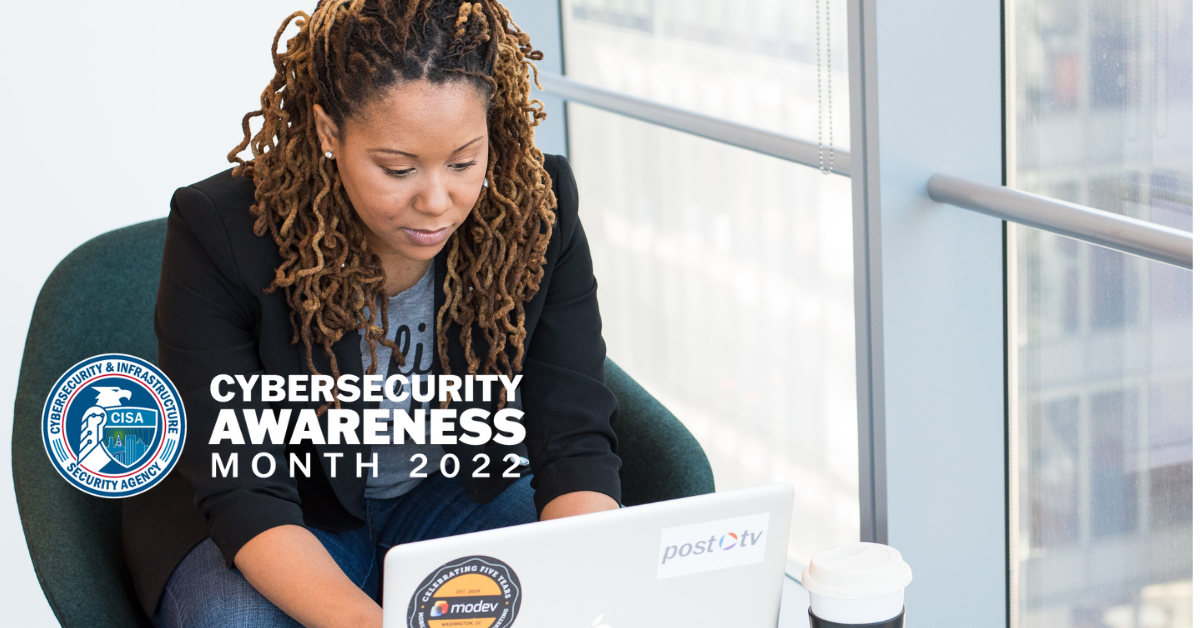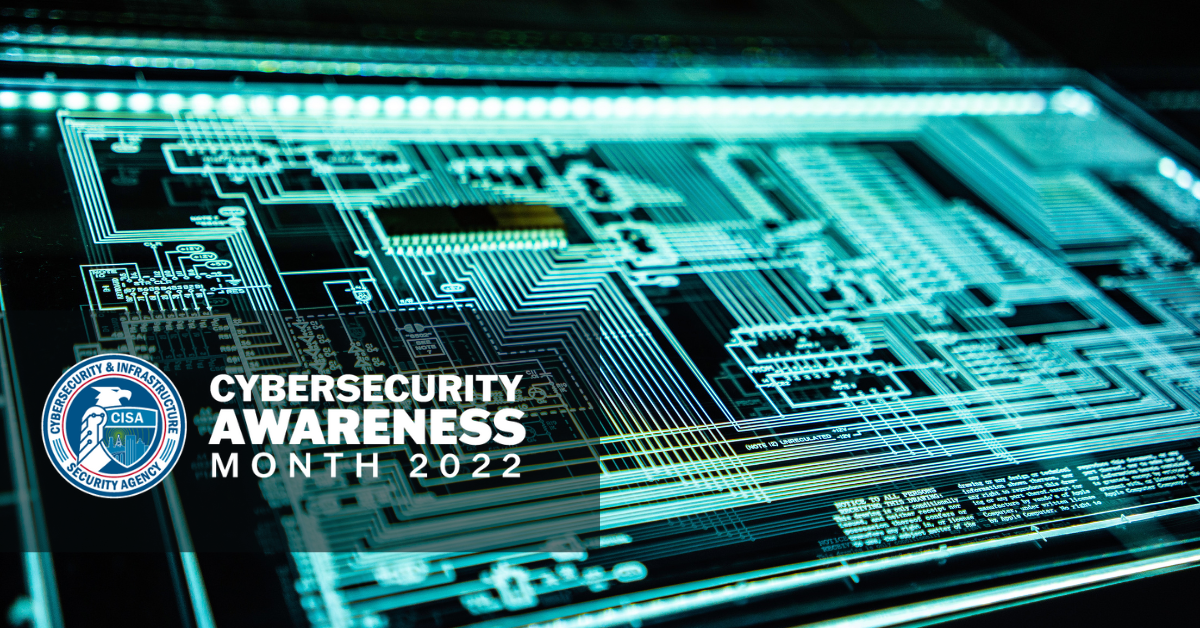In an age where it’s popular to share many aspects of our lives online, we need to consider the dangers that can occur with freely dispensing information about ourselves. Oversharing online can put any one of us at risk of fraud, as identity thieves and hackers use the information we post to study us or to steal our identity. We should not give out an excessive amount of personal information, especially in a way that might be considered inappropriate or dangerous to us and those around us.
It is important to remember that nothing posted in a public forum is ever truly private. THINK BEFORE YOU POST! Here are a few specific tips to keep in mind:
- Do not share your current location. This can mean turning off location-based apps.
- Do not share sensitive information. This makes it easier for individuals to gather information about you. Examples of sensitive information are names of your family members, phone numbers, and birthdays.
- Be careful what is in the background when you post. Be mature.
- Not everything needs an account.
- Sharing too much can result in cyberstalking.
- Review your privacy settings. Privacy settings can vary on social media platforms, so be sure to familiarize yourself with the settings on every platform you use.
Want to know what’s out on the web about you? Simply search for yourself online. Doing this will allow you to see what other people can find out about you. You might be surprised at just how much information about you is public.
We encourage you to be proactive in protecting your information. One of the ways to do this is to think about what you’re posting online before you post it. Avoiding the popularity of oversharing is a safety principle that can mitigate the risk of being a victim of cyber crime.
#seeyourselfincyber #messiahcyber
Post written by Allen Snook, Director of Information Security at Messiah University, and Cybersecurity interns.
Photo credit: Christina @ wocintechchat.com via Unsplash.com.




